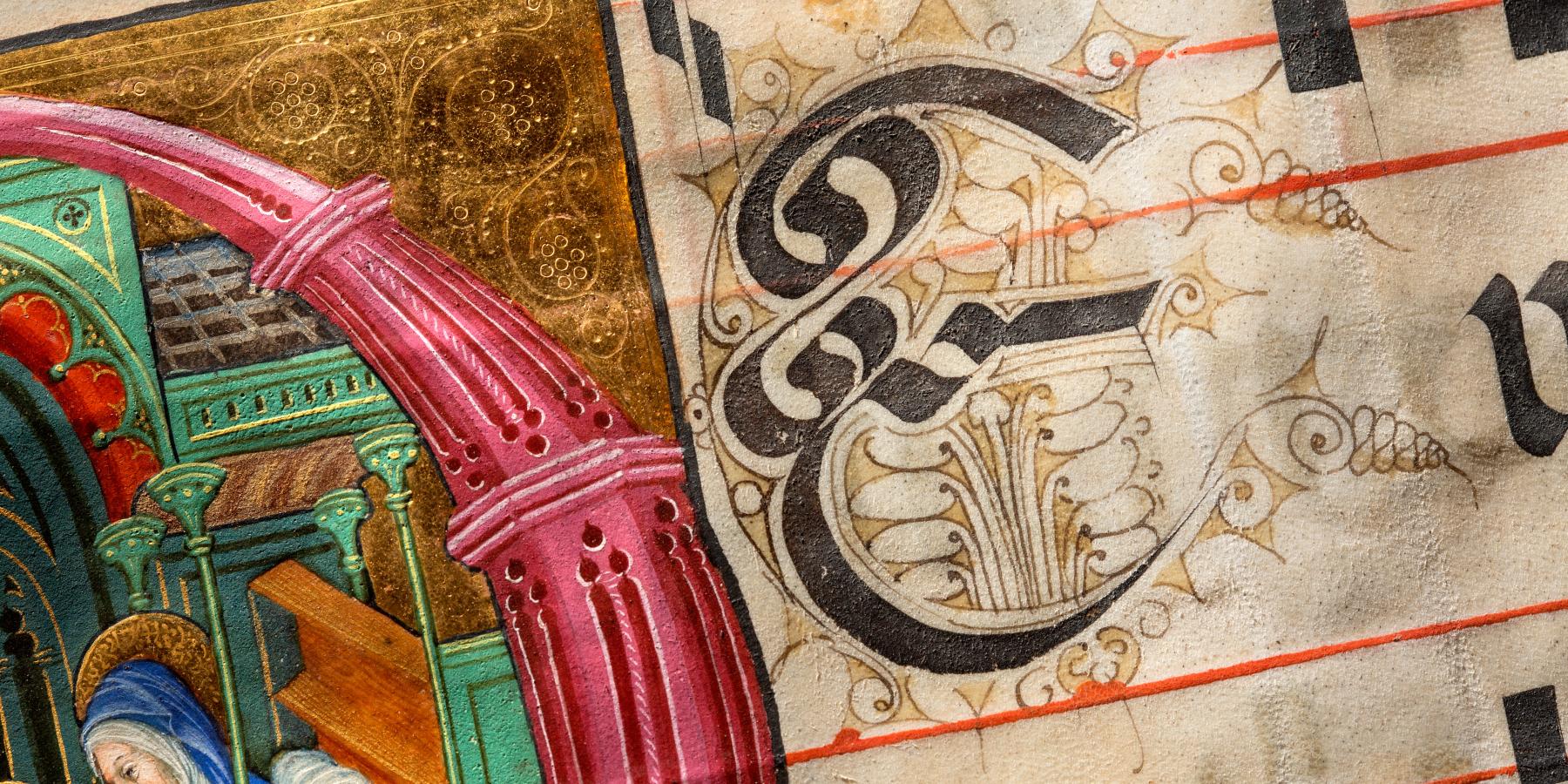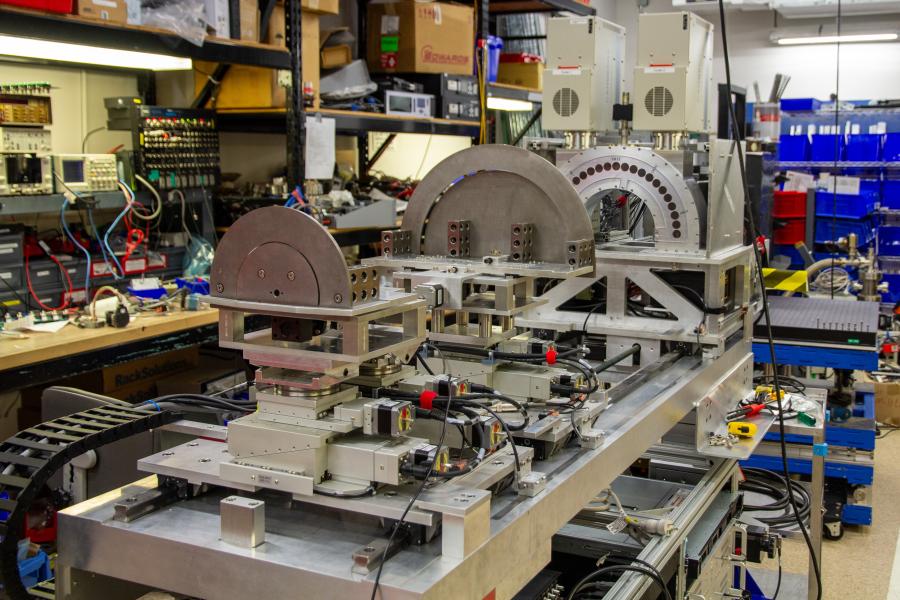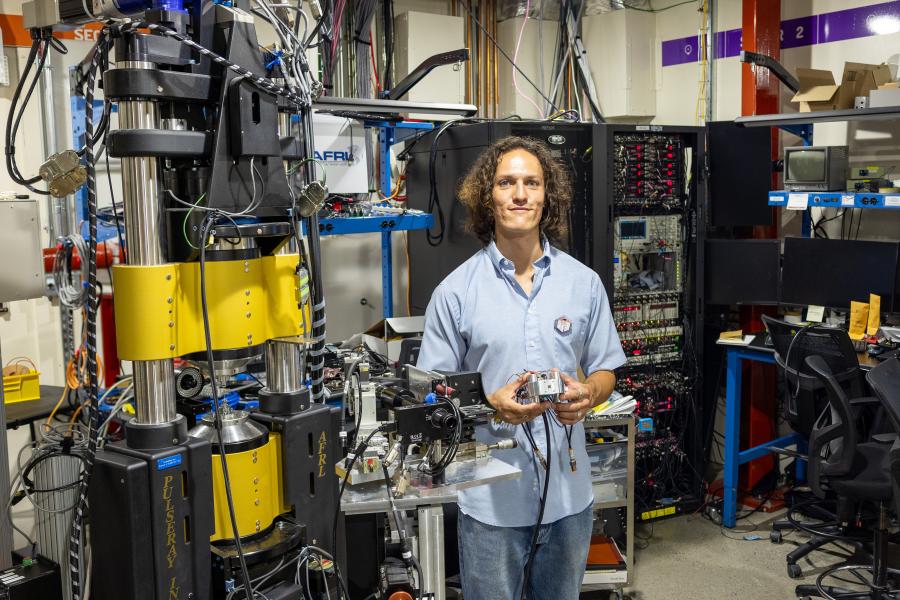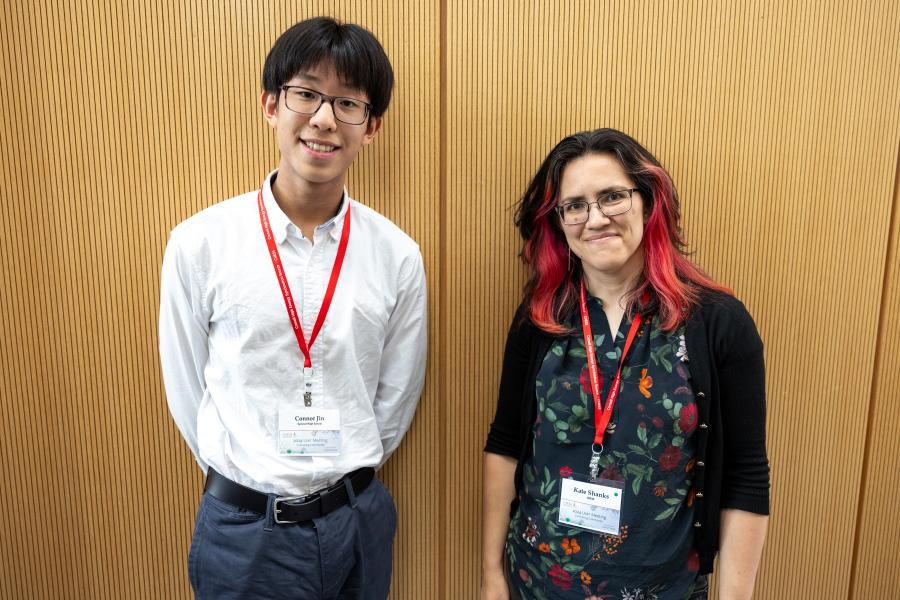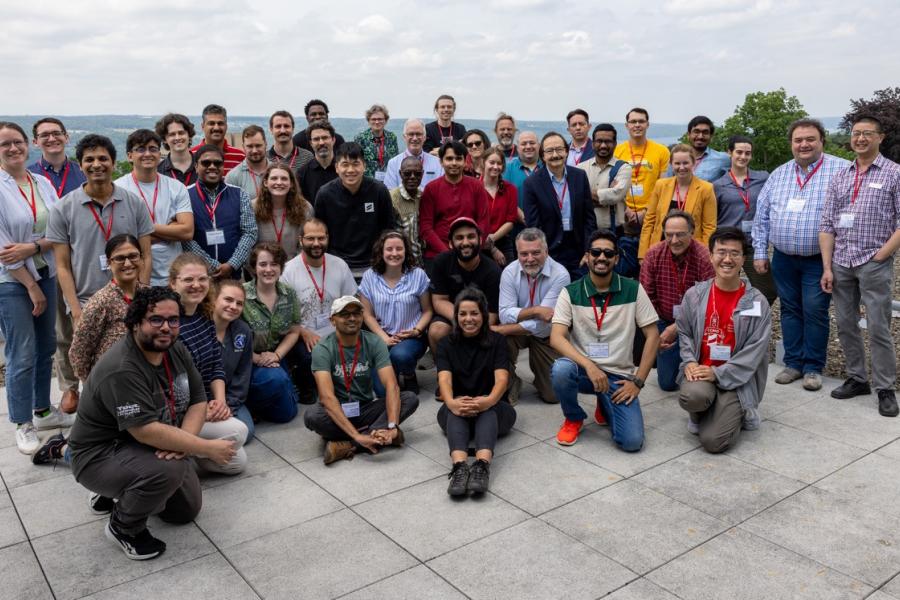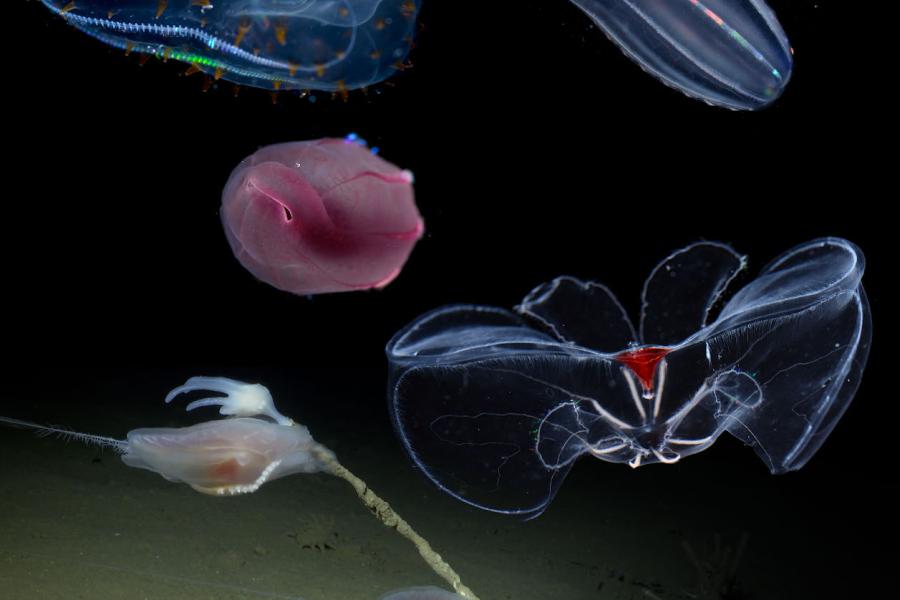Sidebar Menu (View Pages)
- Status
- ⌃ Science
-
⌃
Users
- What's the process? - Prospective User Guide
- User Guide
- Beamline Directory
- CHESS Deadlines
- X-Ray Run Schedule
- CHESS 2026_1 Updates
- Shipping
- ⌃ Safety
- Travel and Lodging
- Acknowledgments
- User Agreement
- CHESS Status Page
- ⌃ Technical Resources
- ⌃ Facilities
- ⌃ Public
- Industry
- ⌃ About
Tags
Featured
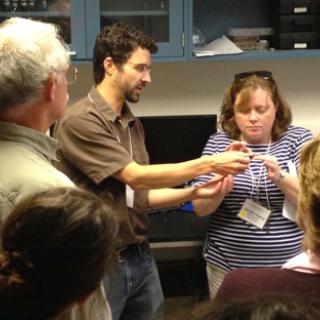
High school teachers learn to connect students with science
On a beautiful fall day, two dozen high school science teachers from across the state and beyond attended the Xraise Science Teacher Workshop, hosted at the eXploration station behind Wilson Synchrotron Laboratory.
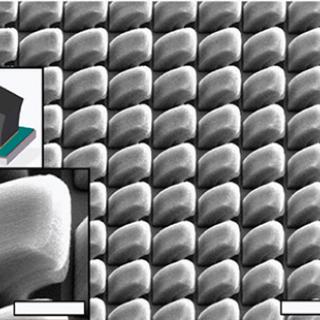
Using strain to engineer growth of carbon nanotube microstructures
Materials in nature are often complex and ingenious, challenging scientists and engineers to mimic their functionality or try to improve upon effective and efficient solutions.
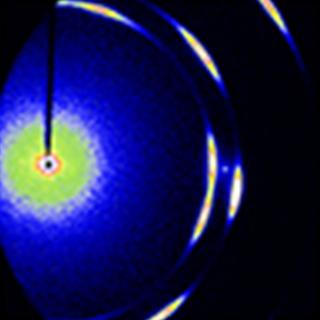
CHESS X-rays show how to grow crystals from crystals
Way too small to see, nanocrystals – tiny crystals that are at least 1,000 times smaller than the diameter of a human hair – exhibit unprecedented properties that intrigue scientists and engineers.
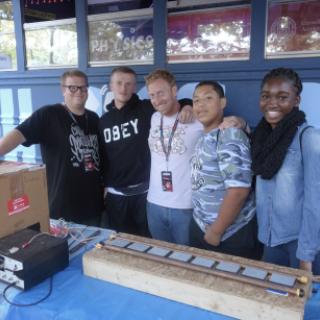
Ithaca Physics Bus and local teens take physics to NYC
Several Cornell graduate students in the field of physics and the science outreach specialist for Xraise Cornell, the outreach program of CLASSE (Cornell Laboratory for Accelerator-based Sciences and Education) took advantage of the new Ithaca Physics Bus to showcase the work of local school-age JunkGenies at the World Maker Faire, Sept. 20-21, at the New York Hall of Science in New York City.
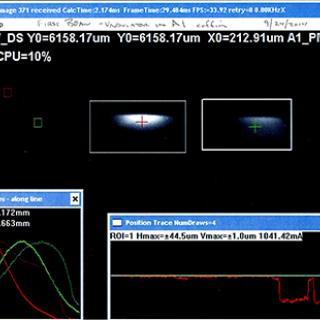
First Light! CHESS Becomes a 3rd Generation Synchrotron!
With first light passing through the x-ray optics and into the hutch on Wednesday, September 24, CHESS enters a new era as a 3rd Generation Source!
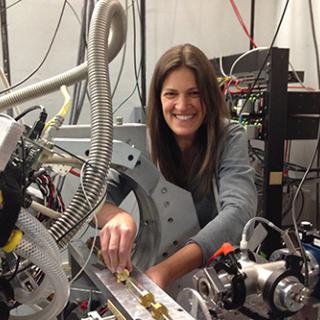
First in class study of high-strain rates in Mg features new, fast detector
The structural evolution of materials under sudden, high impact deformation is of critical importance in a variety of different applications, particularly in the automotive and aerospace industries.
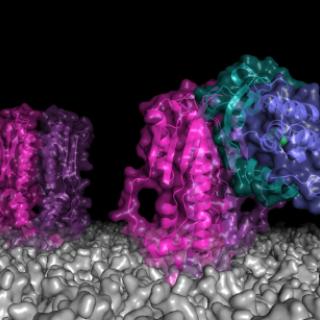
Key to pathogenic slime uncovered
In the biofilm regulation pathway of Pseudomonas fluorescens and similar bacteria, high phosphate levels lead to the creation of messenger molecule cyclic-di-guanosin monophosphate (CDGMP). cdGMP activates key regulatory protein LapD through its cytoplasmic domains.
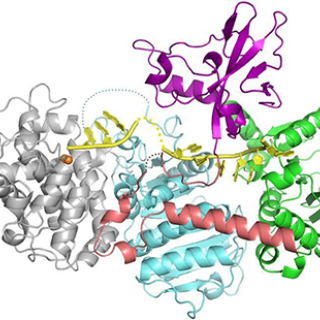
CRISPR Cas3 structure
Within the past decade it was discovered that many cells have an adaptive immune system to fight off foreign RNA or DNA which may have been inserted by a viral, plasmid or transposon attack.
